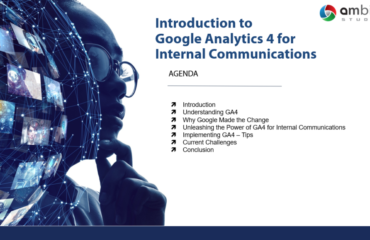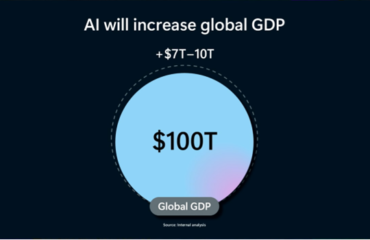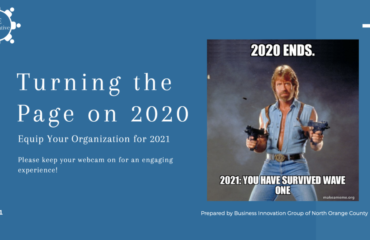In a world increasingly reliant on artificial intelligence, Microsoft continues to push the boundaries of innovation with its latest developments in AI applications. Building on the foundation laid out in our previous blog, “Embracing the Future: AI Transformation at Microsoft Inspire 2023” we delve deeper into Microsoft’s latest announcements regarding Microsoft Copilot and the expansion of its plugin ecosystem.
Introducing Microsoft Copilot: Your AI-Powered Assistants
Imagine a world where every software application comes equipped with an intelligent Microsoft Copilot assistant designed to assist you with complex cognitive tasks. Well, that’s precisely the vision Microsoft’s Chief Technology Officer, Kevin Scott, has outlined.
Microsoft Copilot is a suite of AI applications that leverage modern AI and large language models to make tasks like writing sales pitches, scheduling meetings, creating presentations, and even planning dinner parties a breeze.
Microsoft initially introduced the concept of Microsoft Copilot with GitHub Copilot, a groundbreaking AI pair programmer aimed at assisting developers in writing code efficiently. Fast forward two years, and Microsoft has expanded the Microsoft Copilot experience across its core products and services. This includes the AI-powered chat in Bing, Microsoft 365 Copilot, GitHub Microsoft Copilot X, Dynamics 365 Copilot, Microsoft Copilot in Microsoft Viva, and Microsoft Security Copilot.
The Expanding Plugin Ecosystem
At the annual Microsoft Build developers conference, the company unveiled a significant expansion of its Microsoft Copilot ecosystem. This expansion includes:
1. Microsoft Copilot in Power BI and Power Pages: Bringing Microsoft Copilot assistance to data analysis and reporting.
2. Microsoft Copilot in Microsoft Fabric: Enhancing the development process with Microsoft Copilot support.
3. Windows Copilot: Making the Windows experience even smarter with Microsoft Copilot capabilities.
Microsoft has also introduced a game-changing feature—plugins. These plugins enable Microsoft Copilot to interact with other software and services, making them even more versatile and useful.
The Power of Plugins
Plugins act as bridges that connect Microsoft Copilot with various data sources and software systems. They enable Microsoft Copilot to access real-time information, company data, and perform new types of computations. For example, a Microsoft Copilot can retrieve data from a private database or interact with a company’s travel booking system to arrange a business trip in line with company policies.
What’s truly groundbreaking is that Microsoft has adopted an open plugin standard, allowing interoperability across its Microsoft Copilot offerings and ChatGPT, which is powered by OpenAI. This means developers can create plugins that work seamlessly across business and consumer surfaces, including Bing, Dynamics 365 Copilot, Microsoft 365 Copilot, and Windows Copilot.
Building Your Own Copilot
While Microsoft is leading the way with Microsoft Copilot development, the company envisions a future where developers play a pivotal role in building Microsoft Copilot tailored to specific tasks and industries. Here’s how it works:
1. Select a Generative AI Model: Developers can choose a generative AI model like GPT-4, available through Azure OpenAI Service.
2. Define Copilot’s Role: Create a meta-prompt that describes the Copilot’s role and operation.
3. Memory and Plugins: Equip the Microsoft Copilot with memory to maintain context in conversations and utilize plugins to access data and other services.
4. Orchestration: For complex tasks, Microsoft Copilot need the ability to break them down into multistep components and execute them according to a plan.
To support developers, Microsoft has released various tools, including the Semantic Kernel SDK, which integrates large language models with conventional programming languages, and Azure AI Studio for grounding conversational AI models on private data.
Responsible AI and Content Safety
Ensuring ethical and responsible AI is a top priority for Microsoft. The company has introduced Azure AI Content Safety, a service designed to detect inappropriate content across images and text. This safety system is integrated into Azure OpenAI Service and can be applied to various platforms, including online communities and gaming platforms, with configurable filters to suit different contexts.
Additionally, Microsoft is introducing media provenance capabilities to verify whether images or videos were generated by AI, enhancing transparency and trust in AI-generated content.
A New AI Development Platform
In summary, Microsoft Copilot and plugin ecosystem represents a significant step forward in AI-powered software development. Microsoft Copilot is set to become an integral part of various industries, assisting with a wide range of tasks. With the support of plugins and developer tools, the possibilities for innovation are endless.
As the AI landscape continues to evolve, Microsoft’s commitment to providing developers with the tools and resources they need to create AI-powered solutions remains unwavering. With Azure at the heart of this ecosystem, developers have a robust platform to turn their AI ideas into reality.
Stay tuned for further updates on AI journey with Ambient, as we witness the transformation of software with intelligent Microsoft Copilot and a thriving plugin ecosystem. The future of AI is here, and Microsoft is leading the way.




